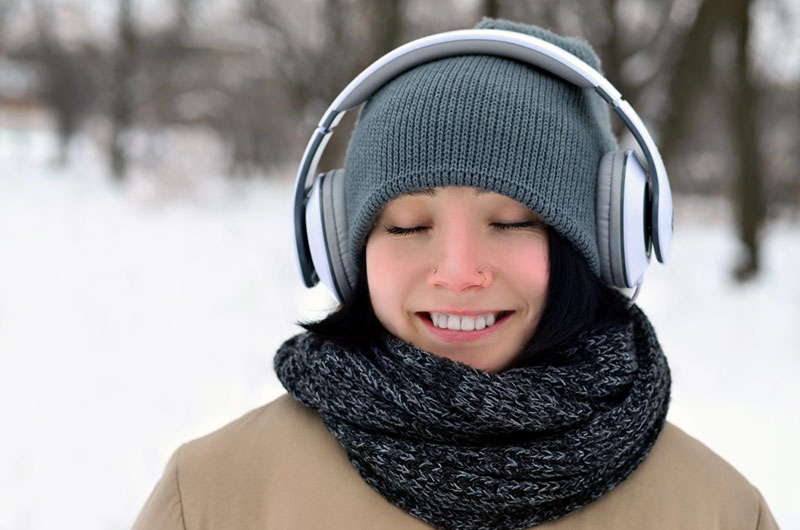
During the cold winter season, you must take extra care of your ears. While most people think about keeping up on their vitamins and nutrients to help fend off the cold and flu, most neglect their ears’ care. If you are guilty of ignoring your ears during the winter, you are doing yourself a disservice. Did you know cold weather can be harmful to your ears? Having your ears exposed to the cold can make you more likely to develop an ear infection. Since your ears lack fat to help keep them warm and protected from the harsh elements, they will naturally be much more sensitive to extreme weather. Also, less blood is circulated to your ears, making the ear canal more susceptible to the cold weather. Luckily, keeping your ears healthy in the cold is simple with our useful hearing health winter tips below.
Even if you love the snow and the winter season, cold weather poses a threat to your ears, which as a result, can affect your hearing. But, you can help preserve your hearing by following these helpful hearing health winter tips.